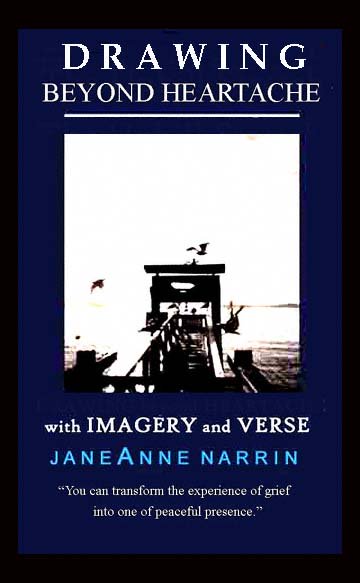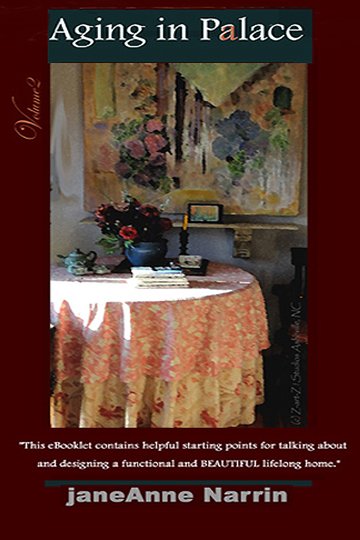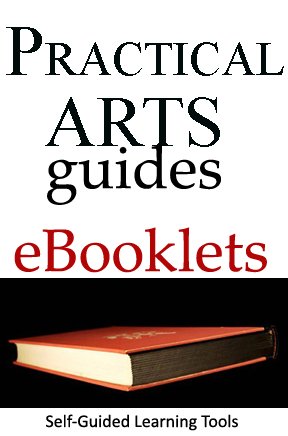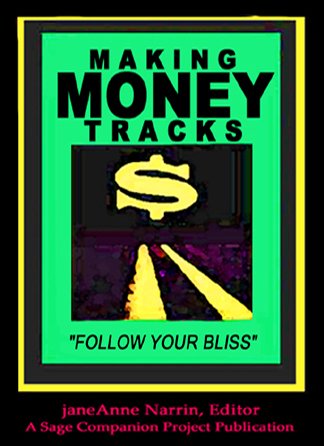PETER RUSSELL

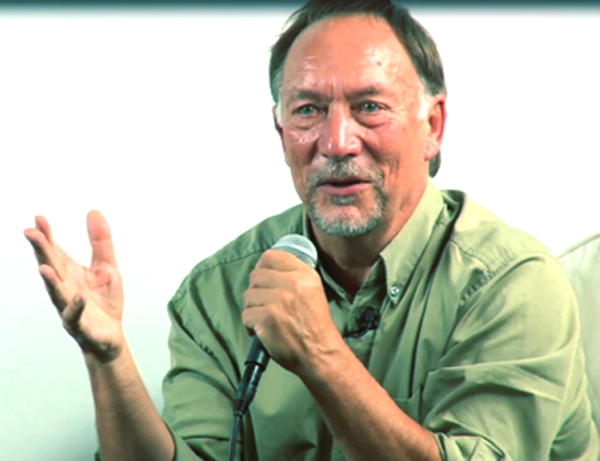
Peter Russell
Shifting Perspectives
MIND SHIFT
A growing circle of futurists believes that transformation in the world is accelerating. And this is happening rapidly. Among them is trailblazer and teacher, Peter Russell who comes from a background in science.
At Cambridge University (UK), Peter studied mathematics and theoretical physics. Then, he became increasingly fascinated by the mysteries of the human mind. Shifting perspectives, he pursued experimental psychology, traveled to India to study meditation and eastern philosophy. Upon his return he took up the first research post ever offered in Britain on the psychology of meditation.
THE THOUGHT-LEADER INTERVIEW
PETER RUSSELL
Peter Russell
A skilled and
knowledgeable teacher introduces new challenges at the right time – and so we
learn. The Sage Companion Quarterly is honored to interview one such person, Peter Russell. Over the years, you may have read several of his books- The TM Technique, The Upanishads, The
Brain Book, The Global Brain Awakens, The Creative Manager, The Consciousness Revolution,
Waking Up in Time, and From Science to God. In the interview that follows, we'll ask about his current work- How to Meditate Without Even Trying and his interest in
the deeper, spiritual significance of the times we are passing through.
How to Meditate Without Even Trying
Whether this interview
is your first introduction or if, like us, you have appreciated his work
for over twenty years, here you may discover what makes Peter Russell a
recognized thought leader.
SAGE: We have heard how difficult meditation is. What has been your experience?
PETER
RUSSELL: You may be surprised to hear that meditation should be effortless,
that no striving or concentration is needed. I know I was. When I first began
meditation, I was repeatedly told that it took great mental discipline and many
years of practice.
In fact, for thousands of years,
spiritual traditions have taught meditation as a way to quieten the
busy mind and reconnect with the inner self. Yet, when people first try
to meditate, they often complain that their minds are too full of
thoughts, or they cannot concentrate well enough. This has led to the
popular misconception that meditation requires great discipline and
years of practice.
And my experience appeared to confirm this. My mind was full of thoughts, and try as I may, I could not keep them at bay. Like many others, I naturally assumed that I was not trying hard enough; I needed greater mental discipline, not less.
Is "effortless meditation" a state of mind?
A quiet
mind is not a state of mind to be achieved. It is the state we experience when
there is nothing to be achieved. It is the mind in its natural condition,
untarnished by fears and desires, and the thoughts they create. When everything
is OK in our world, we feel OK inside; we are at ease.
Do you find that many people miss a sense of deep contentment, ease in the moment? And, are there simple methods you rely upon to remedy that?
Even when all our physical needs are met, and there is no immediate threat or danger, we seldom feel at ease. More often than not, the very opposite. Leave us with nothing to do, and most of us start getting bored. If someone upsets us, we may hold a grievance days, weeks, or even years later. Or we may spend hours worrying about situations that could occur, but seldom do.
There are many types of experiences- some attractive, some harsh or unwanted. Is there a way to come to discern/be with this in the moment?
Yes-Well, in terms of feelings and an almost endless procession of thoughts, most of these thoughts boil down to worries about how we can be more content; yet, ironically, a worried mind is, by definition, discontent. This is the sad joke about human beings. We are so busy worrying whether or not we are going to be at peace in the future, we don't give ourselves the chance to be at peace in the present.
Given how
easily such thoughts spring up, it is easy to assume they must be subdued and
controlled. But that approach stems from the same belief that created them—the
belief that we need to be in control of things in order to feel at ease.
SAGE: What are you exploring these days?
Peter Russell: Recently,
I've been exploring ways to weed out and dissolve even the subtlest levels of
wanting, effort, and expectation in meditation.
The key to successful meditation is complete effortlessness. The mind in its natural relaxed state is already at ease. Nothing needs to be done to find inner peace; we only have to stop doing the various things that keep our minds busy and tense. The beauty of this approach is that nothing needs to be changed or eliminated. It is simply surrendering to the fullness of the present moment.
|
Peter Russell shares a brief review |
1. When you realize you have been caught in a thought, accept the fact. Don't judge or blame yourself. It happens, even to the most experienced meditators.
2. Instead of following the thought, as you might in normal life, gently shift your attention back to some experience in the present moment. In TM that may be the thought of a mantra, in mindfullness the sensation of the breath, or in other practices perhaps a visual image, or a feeling of love. 3. Let the attention rest in that experience. Don't try to concentrate or hold it there. Ah yes, you will be sure to wander off again. But the practice is not learning how to stay present, but how to return to the present. |
Don't judge or blame
yourself, shift your attention back to some experience in the present moment
and return to the present- these
meditation practices could be quite challenging. Do meditators sometimes (or
frequently) mention this to you?
Yes. Even then, trying and effort can arise in subtle ways. Maybe if I just added this or focused on that, it would be easier. Some of it is so subtle that we don't even notice we are doing it. A faint resistance to an experience perhaps. Even a slight wanting to have a good meditation can get in the way.
So,subtle levels of distraction. Is there another approach? What do you recommend?
As I
mentioned earlier, I've been exploring
ways to weed out and dissolve even the subtlest levels of wanting, effort, and
expectation in meditation. If you have tried to meditate but found it hard to
settle down, wanted to learn meditation but put it off because you've heard
it's difficult, or already enjoyed meditation but wish you could go deeper, we
can explore this.
I’ve been encouraged by the enthusiastic response new approaches have received from both complete beginners and people with many years of practice. I am now making them more widely available online at http://www.peterrussell.com/Meditation.
|
PETER RUSSELL - BOOKS
FROM SCIENCE TO GOD: A Physicist's Journey Into the Mystery of Consciousness THE CONSCIOUSNESS REVOLUTION: A Dialogue with Ervin Laszlo and Stan Grof WAKING UP IN TIME: Finding Inner Peace in Times of Accelerating Change THE GLOBAL BRAIN: The Awakening Earth for a New Millennium. THE CREATIVE MANAGER: Finding Inner Wisdom in Uncertain Times THE BRAIN BOOK: A Users Handbook THE TM TECHNIQUE: A Skeptics Guide THE UPANISHADS: A New Translation with Alistair Shearer |
DVDs THE GLOBAL BRAIN and THE WHITE HOLE IN TIME
FROM SCIENCE TO GOD: Exploring the Mystery of Consciousness THE PRIMACY OF CONSCIOUSNESS: Where Mind and Matter Meet
CDs WISDOM IN ESSENCE: CD with Hemi-Sync. THE ART OF LETTING GO: Double CD of workshop |
THANK YOU FOR SHARING ON BEING SAGE
follow on Twitter | friend on Facebook |follow on Pinterest |forward to a friend
Collect Sage Companion Practical Arts eBooklets on Kindle
SITE SEARCH
HOME ABOUT US DISCLOSURE SPONSORS DONATE SITEMAP
Disclaimer: The nutritional and health information provided on this site is for informational and educational purposes only. It is not intended to be used as a substitute for professional advice of any kind. This information is not intended to diagnose, treat, prevent or cure any illness. Your use of this website indicates your understanding and agreement with these terms.
R E T U R N T O T H E F R O N T P A G E
aging-in-place, age in place

